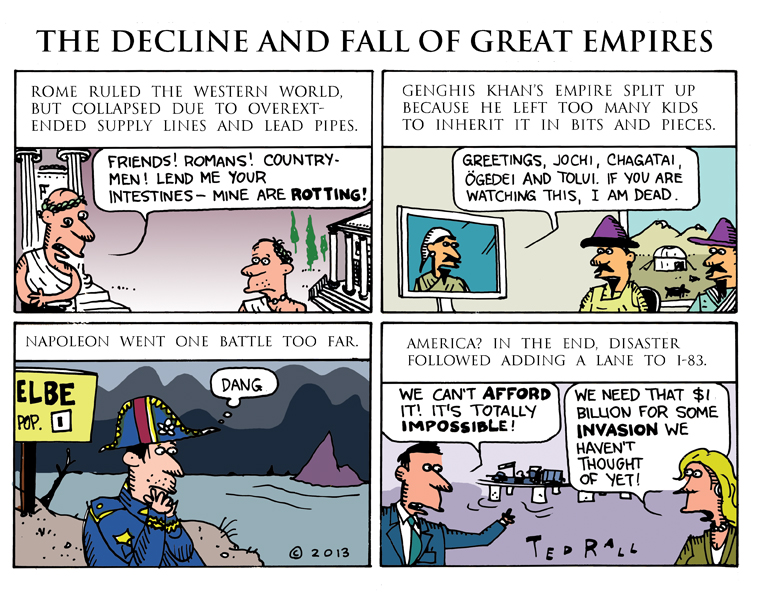Today’s New York Times has a piece about a New York mayoral candidate that is unintentionally revealing about the contempt that newspapers and many politicians have for the importance of graphic art. New York mayoral candidate Bill de Blasio was a campaign manager for Hillary Clinton’s Senate race in New York in 2000.
Here he is chastised for allowing a conversation about the color and font to be used on campaign signs to drag on for 20 minutes. Maybe these guys aren’t aware of basic advertising principles, but these things are extremely important.







